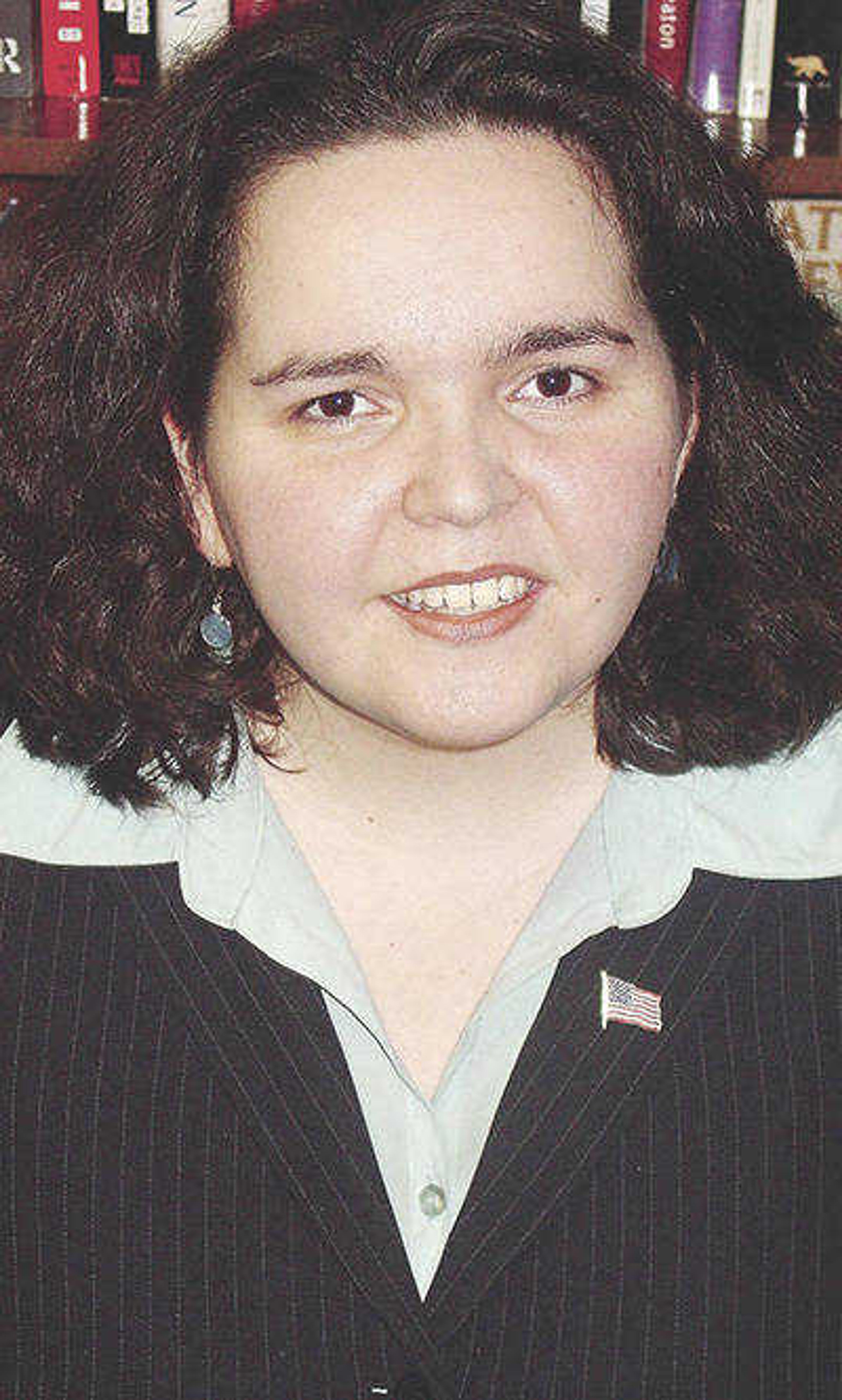Remembering evil in Jerusalem
JERUSALEM -- You walk into the Holocaust History Museum in Jerusalem and the walls already seem to be closing in on you. That's by design. I've walked through the camps in Auschwitz and Dachau. At Yad Vashem, as Israel's museum is called, I didn't have the nerve to cry until we watched documentary footage of the liberation of some of the camps. ...
JERUSALEM -- You walk into the Holocaust History Museum in Jerusalem and the walls already seem to be closing in on you. That's by design.
I've walked through the camps in Auschwitz and Dachau. At Yad Vashem, as Israel's museum is called, I didn't have the nerve to cry until we watched documentary footage of the liberation of some of the camps. Piles of bodies being lifted out, emaciated prisoners wandering in daze. Even after liberation, people died. You don't think about that every day. You think about the gas chambers, but you don't think about the death that was still to come.
Around this time of year in 2000, Pope John Paul II visited Yad Vashem. As a Pole, he knew the horror of the Holocaust. Speaking at the museum, he said: "Here, as at Auschwitz and many other places in Europe, we are overcome by the echo of the heart-rending laments of so many ... How can we fail to heed their cry? No one can forget or ignore what happened. No one can diminish its scale."
On the outskirts of Jerusalem, the group that I'm traveling with broke up and had Shabbat dinner with Orthodox Jewish families. The people and the traditions that the Nazis tried to exterminate live on. Jerusalem exudes history and invites us all to remember not only the holiness but the evil, and to most of all that life continues.
As John Paul II put it: "We wish to remember. But we wish to remember for a purpose, namely, to ensure that never again will evil prevail, as it did for the millions of innocent victims of Nazism."
He also noted: "The honor given to the 'just gentiles' by the State of Israel at Yad Vashem for having acted heroically to save Jews, sometimes to the point of giving their own lives, is a recognition that not even in the darkest hour is every light extinguished. That is why the Psalms, and the entire Bible, though well aware of the human capacity for evil, also proclaim that evil will not have the last word."
It is a remarkable thing to see honors given to non-Jews who did all they could to protect Jews during the Holocaust. A Christian cannot help but wonder: Would I have been counted among them? What would I have done? Would I have risked my life for my fellow man? For my neighbor who was so callously dehumanized?
There is evil in the world always, and it takes courage to stand up against it.
It hurts to walk the streets of Jerusalem and remember the hatred that continues today for Jews. Antisemitism exists in my own New York. Hasidic Jews face attacks as they walk the streets -- even women and children.
At Yad Vashem, Pope John Paul said: "Jews and Christians share an immense spiritual patrimony, flowing from God's self-revelation. Our religious teachings and our spiritual experience demand that we overcome evil with good. We remember, but not with any desire for vengeance or as an incentive to hatred. For us, to remember is to pray for peace and justice and to commit ourselves to their cause. Only a world at peace, with justice for all, can avoid repeating the mistakes and terrible crimes of the past."
World peace seems so impossible, especially in a place like this. But it's through remembering that we can seek something better.
The Holy Father continued: "The world must heed the warning that comes to us from the victims of the Holocaust and from the testimony of the survivors."
There are Scriptural words that Jews and Christians share. They unite us going forward as we reject the evil that has been perpetrated and insist on making a better world in which humanity can flourish.
I read Pope John Paul's words as I walked the halls because I needed his accompaniment. If such evil were to be perpetrated again, how would we react? How would we respond?
There is evil in the world today. Have we learned from our mistakes? Are we among the just?
klopez@nationalreview.com
Connect with the Southeast Missourian Newsroom:
For corrections to this story or other insights for the editor, click here. To submit a letter to the editor, click here. To learn about the Southeast Missourian’s AI Policy, click here.










